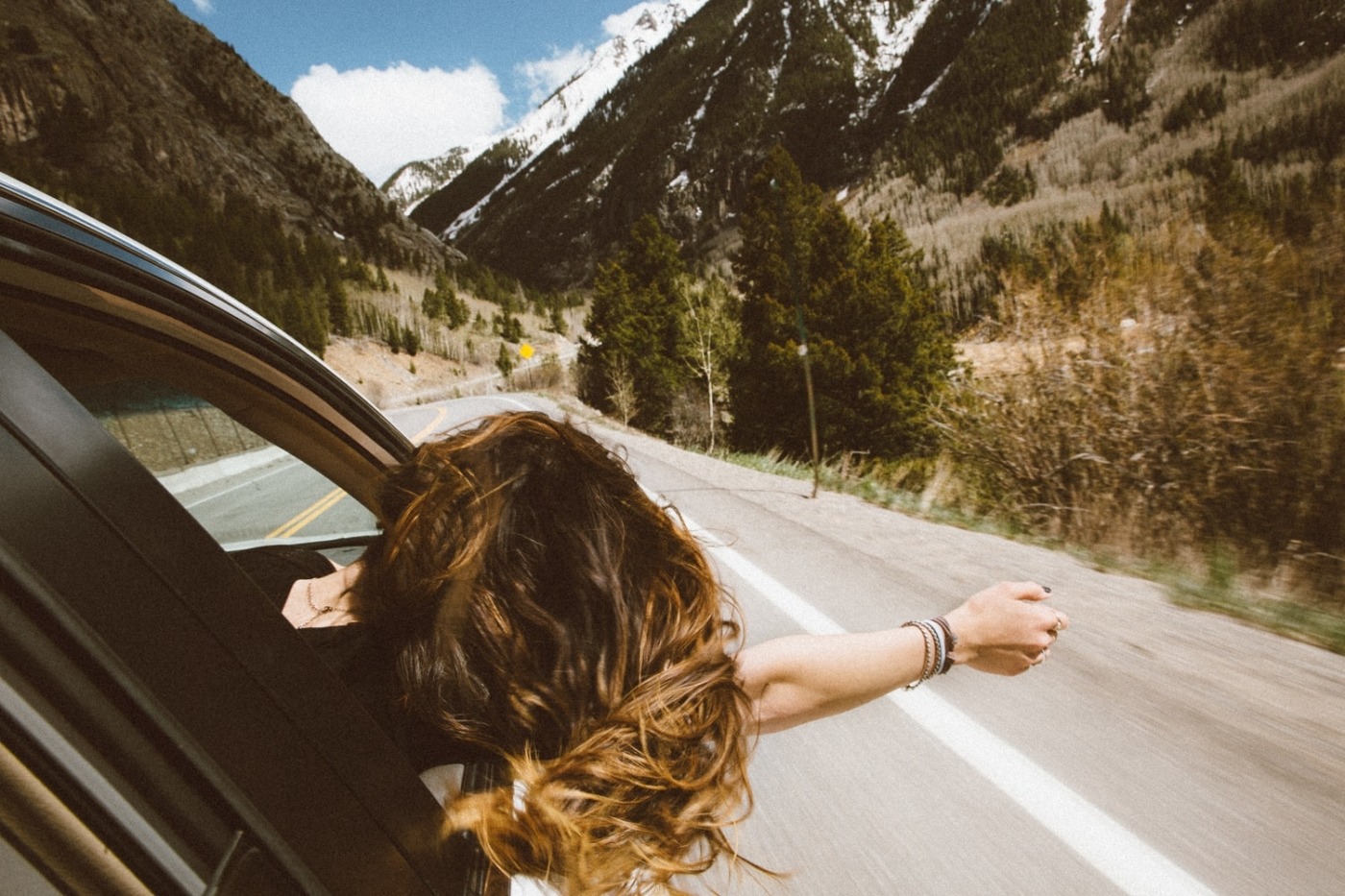The future of travel after lockdown
COVID-19 will undoubtedly continue to change many aspects of our daily lives, at least for the foreseeable future. Transport is one sector that has been heavily impacted by this pandemic. What many people are trying to figure out is how the transport industry will change in the long run. Will more people turn to greener options such as cycling, or will there be an increase in driving and hence a spike in carbon emissions?
Driving is one of the forms of transport that has seen a big decrease over recent months. This has caused nitrogen dioxide levels to fall by 40% when compared to the same time last year. Needless to say, this will rise once people start to travel to visit loved ones and for leisure purposes. However, some cities have started to make plans for the future to prevent car use from returning to its pre-COVID-19 levels. The main motive behind this is to improve air quality. This is especially important in busy cities where pollution levels have been linked to respiratory problems and even to COVID-19. It has been estimated that the decrease in air pollution over the past month has led to 11,000 fewer deaths across Europe. Milan has been one of the first cities to reveal its plans to reduce car usage post COVID-19. They have claimed that 35km of the city’s streets will be improved and will have cycle lanes as well as larger pedestrian pavements. The development aims to be completed over this summer so that people returning to work will hopefully choose walking or cycling whenever possible. This could have great environmental benefits with fewer people relying on cars as their main mode of transport.
The decrease in air pollution over the past month has led to 11,000 fewer deaths across Europe
A few months ago, the UK government published a document revealing plans for lowering carbon emissions, especially in the transport sector. Whilst this has been put on hold for the time being, it may have to be changed drastically. One of the key ideas was to encourage the use of public transport where possible. Due to the current restrictions, the future of this ideal is uncertain. With the current guidelines instructing people to avoid public transport unless absolutely necessary, it may be a long while before advice is changed so drastically that we are actively encouraged to use it. Perhaps encouraging cycling could be a better option. This could be done by increasing the availability of rental bikes, including electric ones such as the Lime bike. The improvement of cycle lanes could also help to encourage less confident riders to cycle as they wouldn’t need to be on busy roads.
A recent study by Hitachi Capital UK shows that the recent lockdown has changed the mindset of many people about the use of transport. With 64% of people saying they are now more aware of the environmental impact that transport is having, there is expected to be some changes after the lockdown. Many people have noticed a reduction in air pollution, and it is predicted that this will encourage interest in cycling and electric cars once life returns to ‘normal’. On the other hand, in a survey done by Auto Trader, it is evident that many people will continue, if not increase, their reliance on driving. Over 50% of UK drivers license holders who do not own a vehicle said COVID-19 has made them consider buying a car when it will be safe to do so. This shows that even after the government eases restrictions and deems public transport as a safe way of travel, some may choose to avoid it.
Over 50% of UK drivers license holders who do not own a vehicle said COVID-19 has made them consider buying a car when it will be safe to do so
All of these factors, as well as many more, are making predictions extremely difficult. With so much uncertainty, it is not possible to say exactly how the transport industry will change. However, an increase in walking/cycling and a decrease in the use of public transport are both very possible scenarios. Whether this would be for the next few months, or for many years to come is also hard to say. If governments make plans to try to protect our planet in the aftermath of this pandemic, especially in the travel sector, it will certainly be a step in the right direction.

Comments